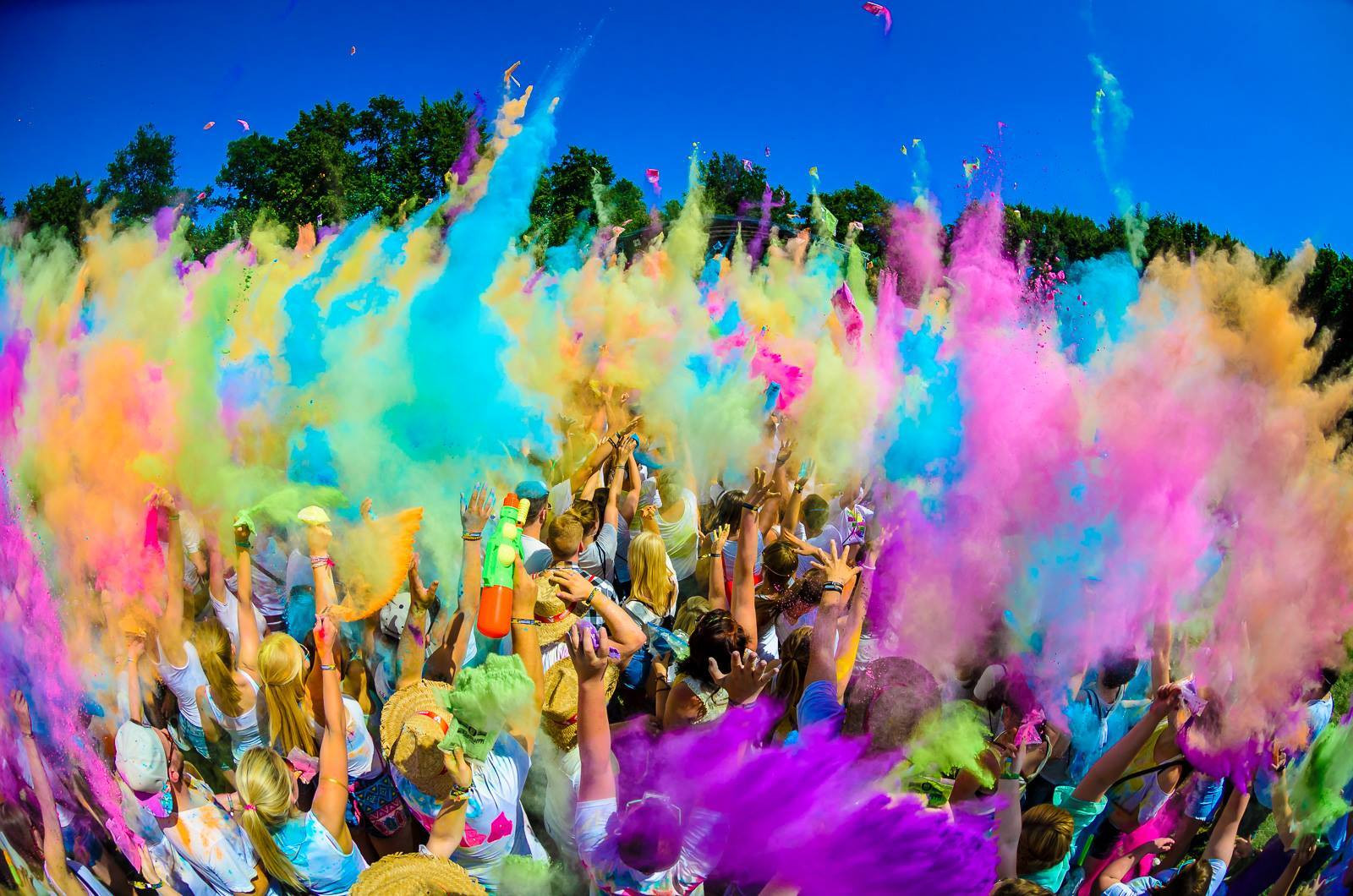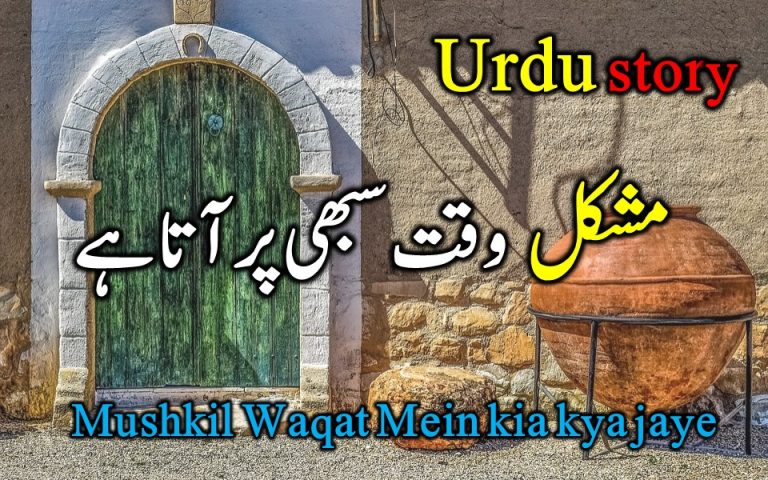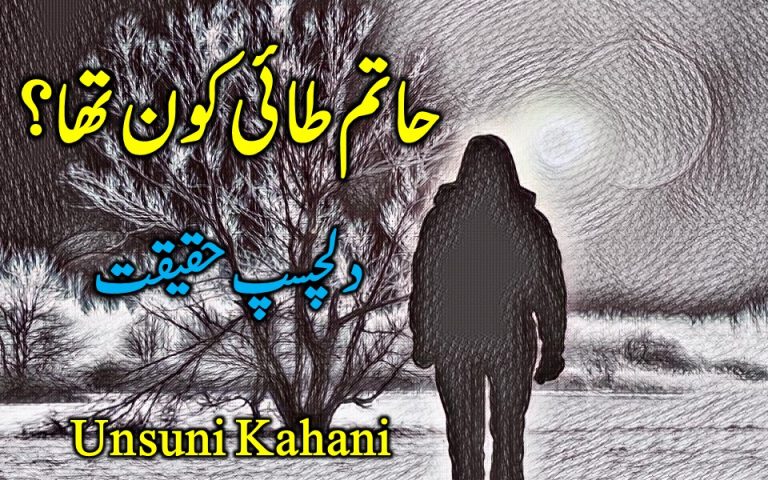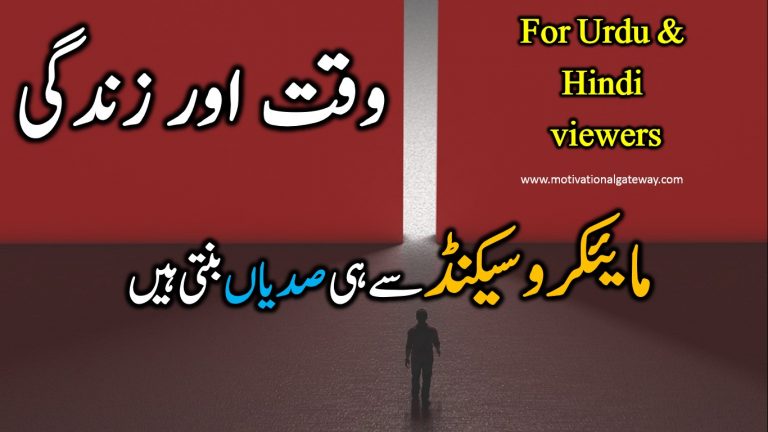Holi Festival
The “Festival of Colors,” generally known as Holi, is one of the most well-liked and extensively observed holidays in India. (HOLI FESTIVAL) It is a Hindu festival that ushers in spring and is joyfully and enthusiastically observed all around the nation. In the Hindu month of Phalguna, which often comes in late February or early March, the festival is observed on the day of the full moon.
History and Significance:
Holi’s beginnings can be found in traditional Hindu mythology. According to legend, the demon king Hiranyakashipu, who had a blessing that practically rendered him immortal, attempted to kill his son Prahlada since the latter refused to accept him as a god. The god’s miraculous intervention saved Prahlada, a follower of Lord Vishnu, and Hiranyakashipu was ultimately vanquished.
The fable of Radha and Krishna is another tale connected to Holi. In accordance with this myth, the Hindu god of love Krishna liked to play practical jokes on his beloved Radha and her friends by dousing them in colorful powder. The present Holi celebration is supposed to have taken its cues from this lighthearted ritual.
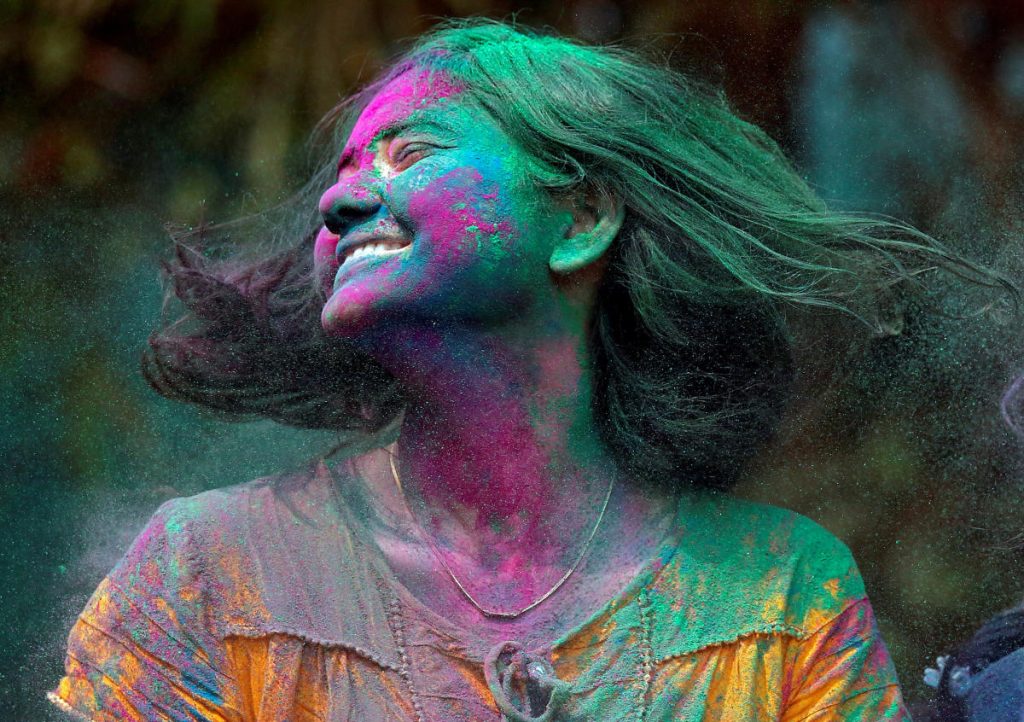
Celebrations:
In India, the holiday of Holi is observed with great delight and zeal. The Holika Dahan bonfire marks the traditional beginning of the celebrations the previous evening. Around the campfire, people congregate to worship to Lord Vishnu and ask for his blessings for a joyous and fruitful life. The bonfire represents the triumph of good over evil, and its burning is thought to represent the destruction of all evil forces and negative energy.
In some regions of India, Holi Festival is also celebrated with the use of “bhang,” a traditional alcoholic beverage produced from the cannabis plant’s leaves. Many use little amounts of bhang to feel euphoric and relaxed, despite the fact that it is thought to be a mood-altering narcotic. Holi Festival
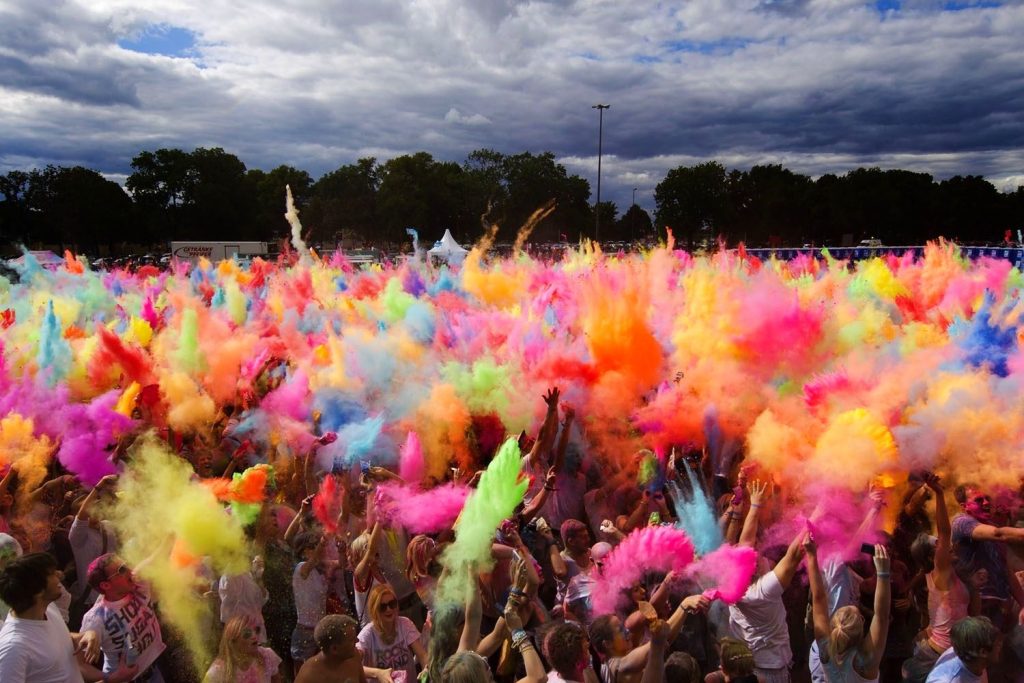
Significance in Different Parts of India:
Many regions of India observe Holi Festival in different ways. The festivities are especially vibrant and energetic in North India. People dance to the beat of drums and other musical instruments while dousing each other in colored powder and water. A traditional treat known as “gujiya” is also prepared in various areas of the region and shared with friends and family.
People celebrate Holi Festival in the western state of Gujarat by engaging in a distinctive dance style known as “garba,” which entails dancing in circles around a statue of the goddess Durga. The dance, which is done to the beat of drums and other musical instruments, is a representation of the festival’s excitement and happiness.
Why Holi IS Celebrated:
Hindus celebrate the festival of Holi to herald the coming of spring and to remember the triumph of good over evil. Holi is celebrated for a variety of reasons, and several Indian regions have their own special traditions and rituals related to the event.
The narrative of Prahlada and his devotion to Lord Vishnu is one of the key motivations for celebrating Holi. Hindu legend claims that Prahlada was the progeny of the tyrannical demon king Hiranyakashipu, who aspired to be worshipped as a god. Prahlada, on the other hand, resisted the urge to worship his father and remained a devoted devotee of Lord Vishnu.
When Hiranyakashipu attempted to kill his son out of rage, Lord Vishnu always stepped in to save Prahlada. After killing Hiranyakashipu, Lord Vishnu brought about the world’s peace and justice. Holi is a festival commemorating the triumph of good over evil and Prahlada’s devotion to Lord Vishnu. Holi Festival
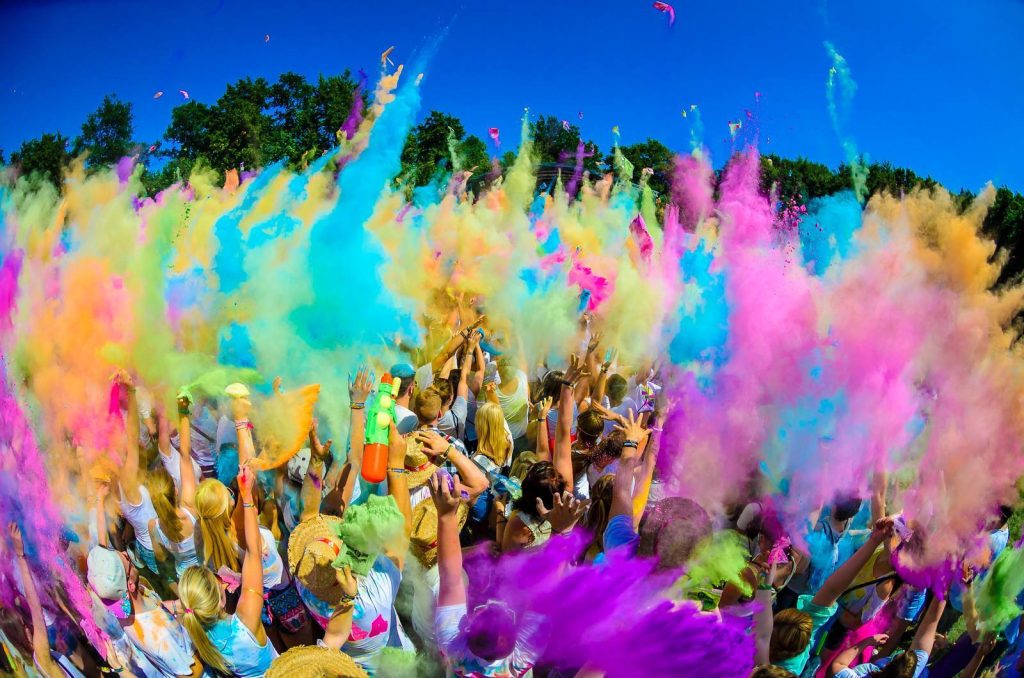
IMPORTANCE OF HOLI FESTIVAL:
India celebrates Holi, a significant event, with a lot of zeal and intensity. The celebration has significant cultural and social significance in addition to being a time for experimenting with colors and having fun. The following are some of the key elements and significance of Holi:
Holi Festival celebrates the beginning of spring, which is seen as the season of growth, renewal, and regeneration. It is a season when new life begins to emerge as nature awakens from its slumber. Holi commemorates this rebirth of life and serves as a gateway to the splendour and abundance of nature.
Good Triumphs Over Evil: Holi also represents the triumph of good over evil. The celebration is connected to the story of Prahlada, who was freed from his evil father Hiranyakashipu by his devotion to Lord Vishnu. Another important element of Holi is the burning of Holika, the image of evil, which commemorates the victory of good over evil.
Holi is a festival that also honours love and ties to others. The event, which has its origins in the love story between Lord Krishna and Radha, is a time when people join together to deepen their friendship and romantic ties. It’s a chance to put old grudges behind us and start over with love, affection, and forgiveness.
Holi is a festival that is highly significant in terms of culture. It is a chance for individuals to express their rich cultural heritage and distinctive customs and rituals. They dress in traditional garb, dance and sing to folk tunes, and make traditional foods at this period.
Social Harmony: Holi is a time to encourage inclusivity and social harmony. The festival brings together people from many communities and backgrounds, and it serves as a forum for understanding amongst people of other cultures and beliefs. It encourages societal harmony and the notion of unity in variety.
Conclusion:
The celebration of Holi Festival commemorates the victory of good over evil and the start of spring. People put aside their differences during this time and get together to joyfully and enthusiastically celebrate the festival. In spite of the fact that the event is observed in various ways throughout India, its goal to promote joy and optimism is the same. Holi is a holiday that everyone should experience at least once in their lives since it is a celebration of life, love, and community.
Best Quotes about Holi
- Let the colors of Holi spread the message of peace and happiness.
- Holi is the day to express love with colors. It is a time to show affection. All the colors that are on you are of love!
- Holi is the day to forget our sorrows and build our bonds with family and friends. It is a day to forgive and forget and to celebrate life together.
- May the festival of colors fill your life with joy and happiness. Happy Holi!

